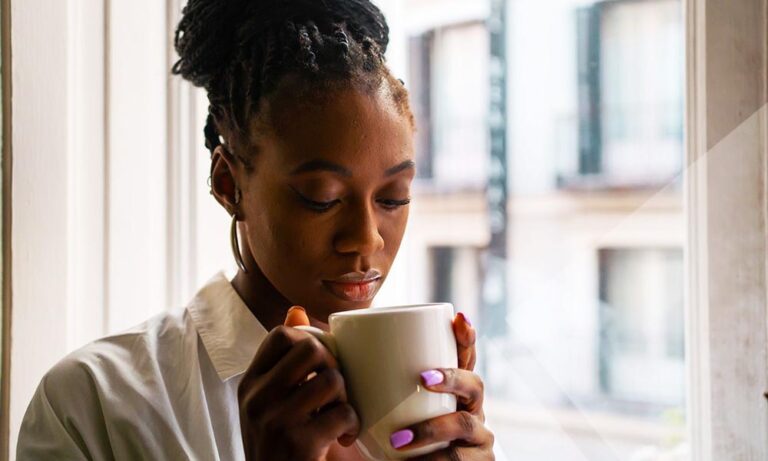In a study it is found that there is relationship between being infected with the SARS-CoV-2 virus and the existence of antibodie.
Relationship with loss of taste and smell
According to MSN Health Digest, “On a daily basis, it’s easy to take our senses for granted, and the value of these abilities becomes more noticeable when we lose them. It might surprise you to learn that the senses of taste and smell are intricately linked, as our sense of smell also allows us to perceive the flavors of food (per BrainFacts). SARS-CoV-2 can affect the olfactory neurons in the brain that facilitate our sense of smell, according to NYU Langone Health. This could contribute to why someone suddenly can’t smell their favorite perfume or cologne and why their dinner tastes lackluster when they have COVID.
To better understand the way that SARS-CoV-2 affects taste and smell, researchers have been investigating whether having the symptoms of loss of taste and smell after infection predicted an increased presence of antibodies after recovery.”
The study
According to a study by Centers for Disease Control and Prevention, “When you are infected with a virus or bacteria, your immune system makes antibodies specifically to fight it. Your immune system can also safely learn to make antibodies through vaccination. Once you have antibodies to a particular disease, they provide some protection from that disease. Even if you do get sick, having antibodies can protect you from getting severely ill because your body has some experience in fighting that disease. How long this protection lasts can be different for each disease, each person, or influenced by other factors. Antibodies are just one part of your immune response.”
- Top 6 Mobile Threat Defense Options that You Should Consider in 2022!
- History of Python Builder Guido van Rossum






